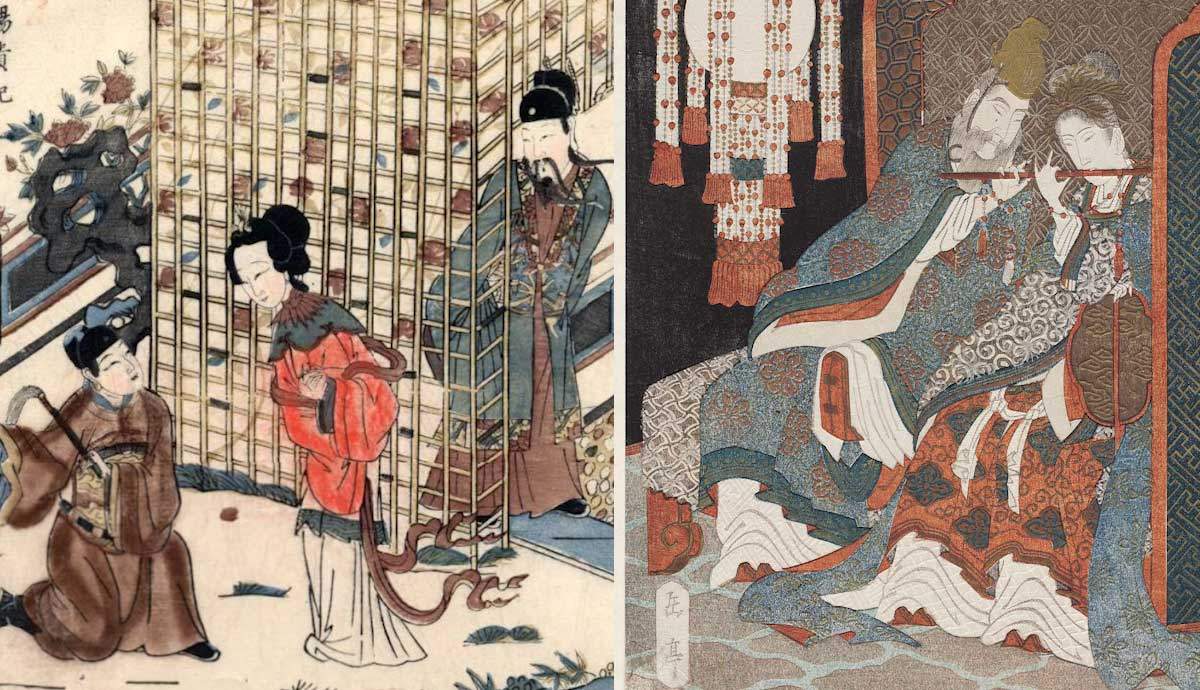- cross-posted to:
- magASEAN@kbin.social
- cross-posted to:
- magASEAN@kbin.social
Imperial harems existed since ancient times and bore witness to the waxing and waning of dynasties. Life in imperial harems was imagined to be one of luxury and comfort. But what did really go on behind closed doors and beneath the glittery façade of the royal titles? Why do the lives of empresses and concubines in the imperial harems remain ever so intriguing to modern audiences? What are some of the tragic tales that most people have not even heard of? From Imperial Consort Yang in the Tang Dynasty (618–906) to Consort Zhen in the Qing Dynasty (1644–1912), we delve into the less-than-glamorous lives of women in China’s imperial harems.



Huh. I don’t know. Sounds like they still lived a pretty good life compared to commoners.
A good life in a gilded cage. For some, that is a good life but not if you’re a free spirit.
Empress Wanrong was a prime example.
Oh, thanks for sharing! Interesting indeed. My other favourite tragic palace figure is Step Empress Nara. I’m so obsessed with the drama Ruyi’s Royal Love in the Palace.
Ha, you’re welcome. It’s the first thought that came to my mind. Wow, 10 days. Wish this site has notifications
Empress Nara. Hmm none of the scheming of Cixi nor the debauchery of Hu. What’s this about a haircut that made her notorious?
Well, hair is sacred for the Manchurians. You’re not supposed to cut it off, only in the event of death. Nara doing so meant that she cursed the emperor and dowager empress.
Sign of the times. When cutting hair in protest is a big deal but technological and military stagnation is not.
Still, can’t understate the position of tradition in a society that stuck to a way of life that started in the Spring and Autumn period. Or maybe even way before that.
No idea about Spring and Autumn period, guess I’ll read up on that.
Lemme know if you find a good book =). Time-wise, it’s when Confucius was around and once it ended, the Warring States period, then Qin dynasty. Yes, the emperor-who-commissioned-the-great-wall dynasty.